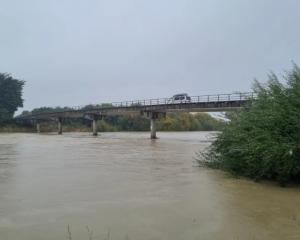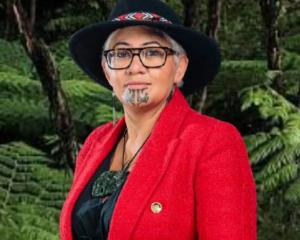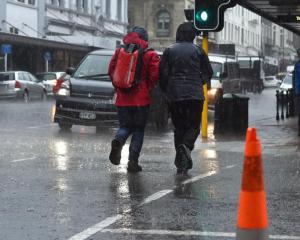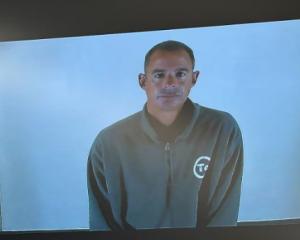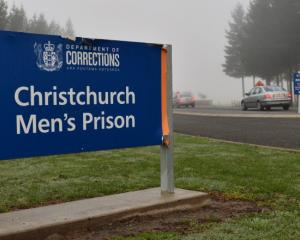Bill Simpson, the man who founded the New Zealand branch of the RAF Bomber Command Association and had a major hand in the restoration of the Lancaster at Auckland's Museum of Transport and Technology (Motat), has died in Auckland at 86.
He formed the group in the early 1980s and membership peaked at about 600.
But as the years took their toll on old bomber crew, numbers dwindled and Simpson officially closed the association eight years ago.
However, regional groups continue to meet for occasional get-togethers and old hands in Auckland still work on the Lancaster on Wednesday mornings.
Membership was open to all New Zealanders who flew in Bomber Command in World War 2 - pilots, navigators, flight engineers, bomb aimers, wireless operators and gunners.
About 6000 New Zealanders served with the command during the war in the most dangerous environment of the air war.
Almost 2000, one in three, lost their lives, the highest casualty rate in any of the services. Overall 55,000 men were killed flying with the command in their nightly raids over Germany and occupied Europe.
Simpson was the driving force behind the preservation and restoration of the Motat Lancaster, built in 1945 and gifted to New Zealand by France in 1964.
The bomber lay in the open, neglected and deteriorating, for years until ex bomber-crew volunteers got to work.
The gave thousands of hours of devoted labour, restoring the aircraft superbly to what it would have looked like in 1944 battle trim.
The project included placement of a mid-upper turret which was not on the Lancaster delivered to New Zealand.
The association also raised the considerable funds that paid for the building of the hangar which houses the Lancaster today.
Simpson himself was a Mosquito pilot on 109 Squadron, a pathfinder unit, and was awarded the Distinguished Flying Cross in December 1945.
He flew a tour of 36 operations, often marking the bombing point with flares for the following heavy-bomber stream.
On March 2 1945 he marked the target at Cologne for 858 aircraft and 10 days later did the same for the 1108-aircraft attack on Dortmund, the largest raid of the war.
Simpson, born in Hastings on May 31 1923, joined the RNZAF in July 1941.
He was a Flight Lieutenant when the war ended and joined the Royal Air Force in 1946, serving until 1974.
In the 1952 New Year Honours he was awarded a Commendation for Valuable Service in the Air for his work as a flight commander on special duties with the Central Signals Establishment.
He ranked as a Wing Commander when he left the RAF.
Simpson's work with the Bomber Command Association and the Lancaster project was recognised with a QSO in 1995.
He died in Auckland on Friday, survived by a daughter and son. His wife predeceased him.


